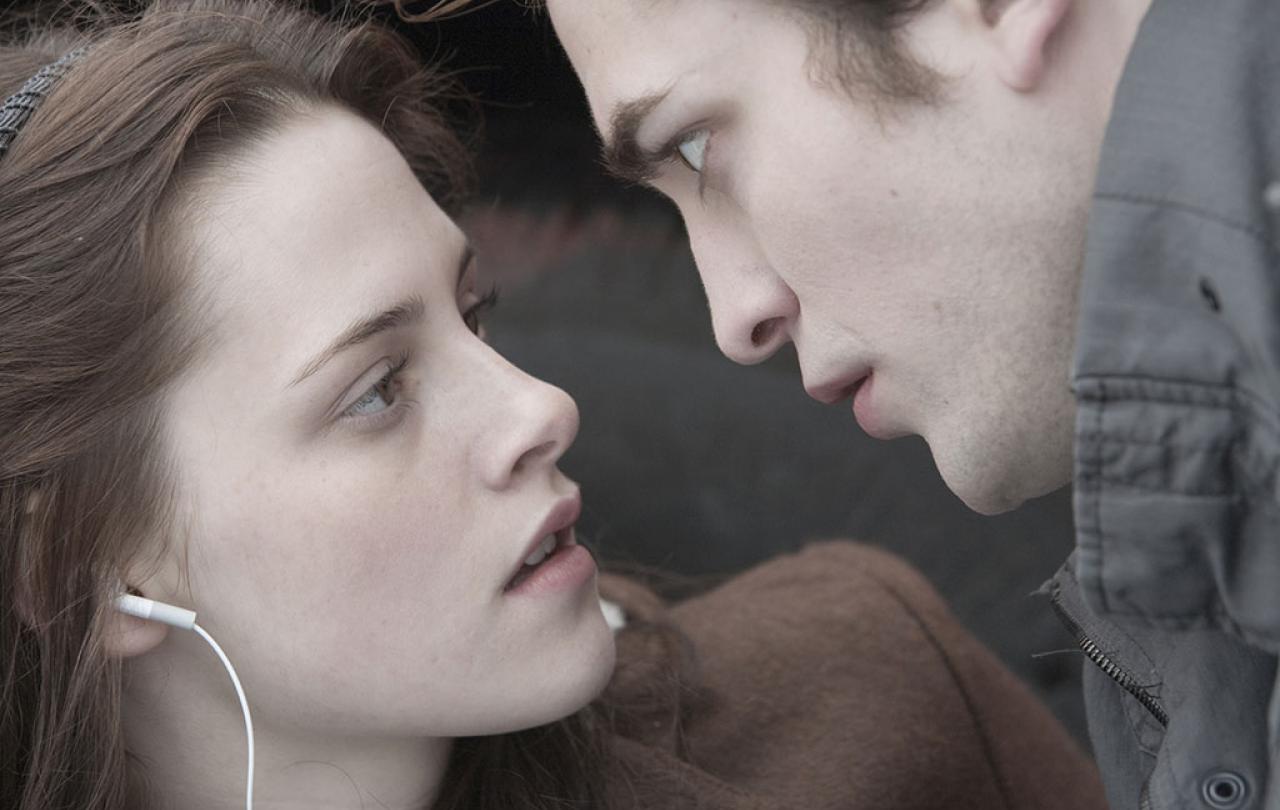Longinus, in On the Sublime, uses the term “frigidity” to describe the emotional effect produced by such false grandeur. He means to convey both rhetorical and metaphysical coldness, as does Dante, who places the Devil in a block of ice at the Inferno’s gaudy center. As does Stanley Kubrick, too, who freezes the possessed Jack in the maze at the end of The Shining. And somewhere near the frozen middle of Hell we find the vampires, those who betrayed the strangers in their midst and preyed upon the lonely and the desperate. But now they only devour themselves. We are punished by our sins, not for them.
On a side note, and concerning the vampire’s many choristers, the opening scene of Lugosi’s Dracula features three armadillos. They wander about the castle and mind their own business, it seems, as wolves howl and spiders weave their webs. On how they got there we do not know, but the armadillos further confirm Longinus’s additional point that the ridiculous and the sublime bear a family resemblance.
What, then, are we to make of the vampires who sparkle and the vampires with souls? Or, if not in the direction of the dreamy, then in the theater of the absurd: Count Chocula, the mascot for a popular breakfast cereal, or the puppet Count von Count from the children’s program Sesame Street, who teaches viewers how to add and subtract—hitting all the numbers with his heavy Transylvanian accent. We might deem these manifestations too unserious to be taken seriously, but in fairness to the spirit of Count Chocula, perhaps something else happens here. Namely, we find more variations upon the culture-making effort to rehabilitate the demonic, and the almost demonic, as the case might be.
If the vampire could only find pleasure in chocolate, if he could laugh with children, if he could be loved like Bella loves Edward in The Twilight Saga, then maybe there is hope enough in the world for all of us. Indeed, maybe some vampires have grown tired of being vampires. That said, we do well to heed the old Transylvanian proverb, lest we over-empathize with the villains: the sane would do no good if they made themselves monsters to help the monsters.
A recent meme depicts the real Dracula in the company of Count Chocula, Count von Count, The Twilight Saga’s Edward, and several other less-than-scary princes of darkness, at which point Dracula laments that the vampires have lost their edge.
And, true, I have yet to comment on psychic vampires and flaming extroverts, which is an oversight to be sure. As a corrective, and by way of conclusion, I observe the following: for twenty-seven dollars, one can buy a beaker of psychic vampire repellent from Gwyneth Paltrow’s Goop Store in Beverly Hills, California. The Paper Crane Apothecary makes the product, which—with an essential blend of rosemary, lavender, and juniper—protects against the fiends who corner people at parties. At present, however, shipping will be difficult: the website tells me “This item is sold out.”
From A Guidebook to Monsters, Ryan J. Stark. Used by permission of Wipf and Stock Publishers.






